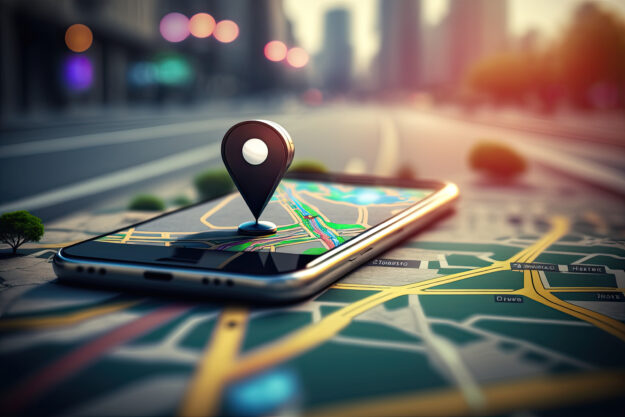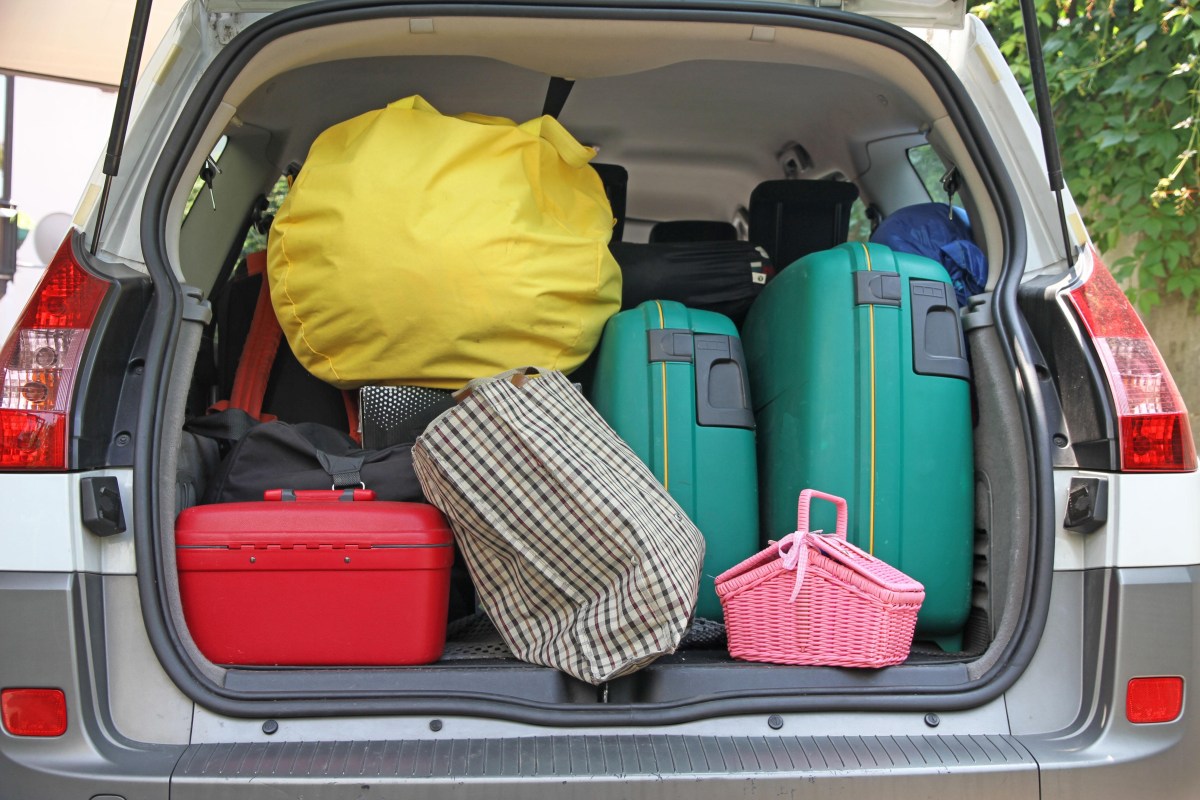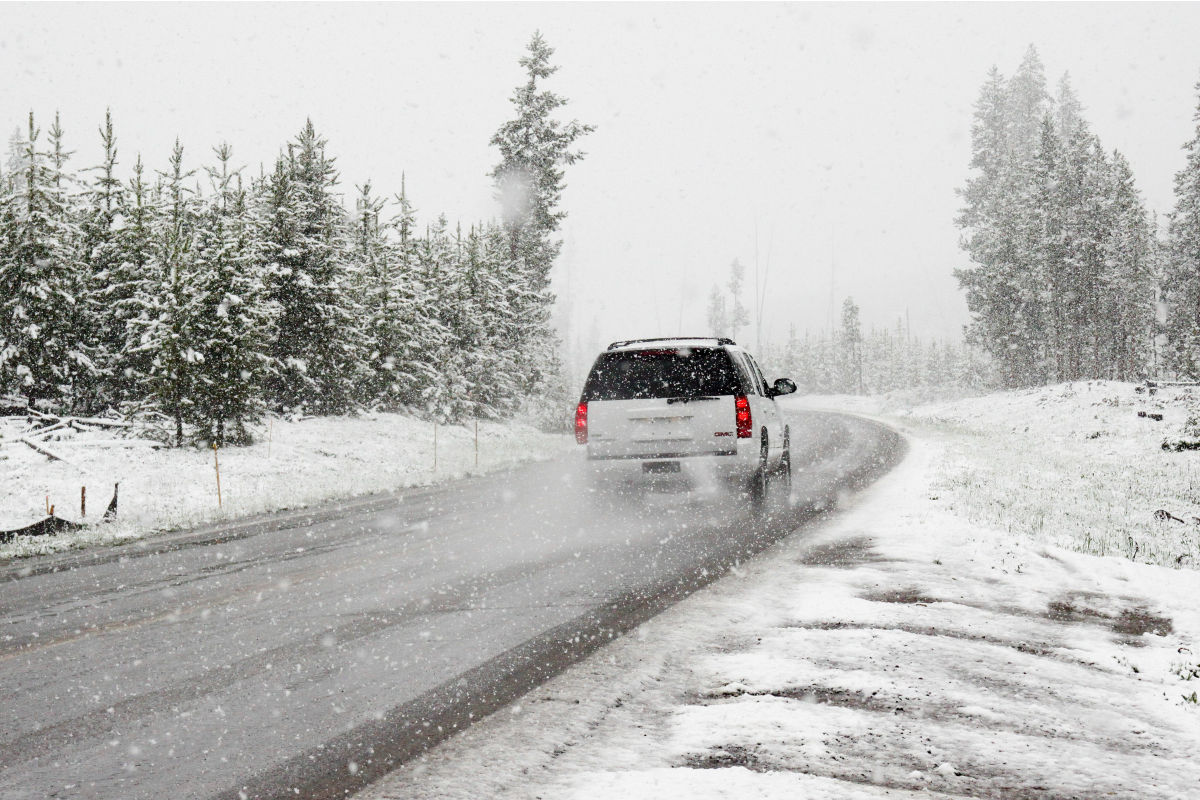The holiday season is a time for celebration, family gatherings, and memorable road trips. However, the excitement and joy of holiday travel can quickly turn into stress and frustration if you’re not well-prepared.
Whether you’re heading to a relative’s house, a winter getaway, or simply exploring new destinations, avoiding common road trip mistakes can make all the difference in ensuring a smooth and enjoyable journey.
From poor planning to neglecting vehicle maintenance, these pitfalls can lead to delays, discomfort, and even dangerous situations. In this guide, we’ll explore five road trip mistakes to avoid this holiday season, helping you stay safe, relaxed, and ready for holiday adventures.
1. Neglecting Vehicle Maintenance
One of the most common mistakes to avoid before embarking on a holiday road trip is neglecting vehicle maintenance. Ensuring that your car is in optimal condition can prevent unexpected breakdowns and keep you safe on the road.
Start by scheduling a comprehensive check-up with a trusted mechanic to inspect essential components such as the brakes, tires, battery, and fluids. Addressing any issues before they escalate can save you time, money, and stress during your trip.

Check the tire pressure and tread depth to ensure your tires are in good condition and provide adequate traction, especially if you’re driving in winter conditions. Replace worn-out wiper blades and top up windshield washer fluid to maintain visibility in adverse weather. Ensure all lights and signals are functioning correctly, and have your battery tested to prevent any starting issues.
Additionally, keep an emergency kit in your car, including items such as jumper cables, a spare tire, a flashlight, and basic tools. Being prepared for any situation can give you peace of mind and ensure a smoother journey. By prioritizing vehicle maintenance, you can reduce the risk of unexpected issues and enjoy a safer and more enjoyable road trip.
2. Poor Route Planning
Another common road trip mistake is poor route planning. Failing to plan your route can lead to unnecessary delays, increased travel time, and added stress. Before setting off, use a reliable navigation app or GPS device to plan your journey. Consider the best routes, taking into account factors such as traffic patterns, road closures, and weather conditions.
Planning your route can help you avoid congested areas and find the most efficient path to your destination. In addition to the primary route, plan alternative routes in case of unexpected road closures or heavy traffic.

Familiarize yourself with key landmarks and rest stops along the way, ensuring you have access to fuel, food, and restroom facilities. If you’re traveling with family or friends, discuss the planned route and any potential stops to ensure everyone is on the same page.
Stay informed about real-time traffic updates and road conditions using navigation apps with live traffic features. This can help you make informed decisions and adjust your route as needed. By planning your route carefully and being prepared for any changes, you can reduce travel time, avoid unnecessary stress, and enjoy a smoother road trip experience.
3. Overpacking
Overpacking is a common road trip mistake that can lead to discomfort and inconvenience. While it’s important to be prepared for various situations, packing too much can clutter your vehicle, reduce visibility, and impact fuel efficiency.
Start by making a packing list of essential items, prioritizing those you will need during the trip. Focus on packing versatile clothing, travel-sized toiletries, and necessary electronics. Consider the available space in your vehicle and distribute the weight evenly to maintain balance and stability.

Avoid placing heavy items on top of lighter ones, and ensure that all luggage is securely fastened to prevent shifting during the journey. If you’re traveling with family or friends, coordinate packing to avoid duplication of items and make the most of the available space.
In addition to personal items, remember to pack an emergency kit, snacks, water, and entertainment options to keep everyone comfortable and entertained during the trip. Leave some space for any souvenirs or items you may acquire along the way.
By packing smartly and efficiently, you can enjoy a more comfortable and organized road trip, reducing stress and ensuring you have everything you need without overloading your vehicle.
4. Ignoring Weather Conditions
Ignoring weather conditions is a mistake that can significantly impact your road trip experience. Weather can change rapidly, especially during the winter months, and failing to stay informed can lead to hazardous driving conditions and unexpected delays. Before setting off, check the weather forecast for your route and destination, taking note of any potential storms, snow, or heavy rain.
Prepare for adverse weather by ensuring your vehicle is equipped with the necessary gear, such as snow tires, chains, or all weather tires. Pack an emergency kit that includes blankets, extra clothing, and non perishable food items in case you get stranded. Keep an ice scraper and de-icer on hand to clear your windows and maintain visibility.

Stay informed about weather updates and road conditions using weather apps and navigation systems with real-time information. If you encounter severe weather, adjust your driving speed and increase the distance between your vehicle and others on the road.
If conditions become too dangerous, find a safe place to pull over and wait until it is safe to continue your journey. By staying informed about weather conditions and preparing accordingly, you can ensure a safer and more enjoyable road trip, avoiding unnecessary risks and delays.
5. Skipping Rest Breaks
Skipping rest breaks is a common mistake that can lead to driver fatigue and decreased concentration, increasing the risk of accidents. Long hours on the road can be physically and mentally exhausting, making it essential to take regular breaks to rest and recharge. Plan your journey with scheduled rest stops every two to three hours, allowing time to stretch, hydrate, and take a break from driving.
Utilize rest areas, gas stations, or scenic viewpoints to take short breaks and enjoy the surroundings. If you’re traveling with multiple drivers, take turns behind the wheel to ensure everyone stays alert and rested. Avoid the temptation to push through long stretches without breaks, as this can lead to fatigue and decreased reaction time.
In addition to rest breaks, ensure you get a good night’s sleep before starting your road trip and avoid driving during late-night hours when fatigue is more likely to set in. Stay hydrated and avoid heavy meals that can cause drowsiness. By prioritizing rest and taking regular breaks, you can maintain your energy levels and focus, ensuring a safer and more enjoyable road trip experience.
By avoiding these five common road trip mistakes, you can ensure a smoother, safer, and more enjoyable journey this holiday season. Proper preparation, attentive driving, and proactive planning are key to making the most of your holiday adventures and creating lasting memories with your loved ones.

